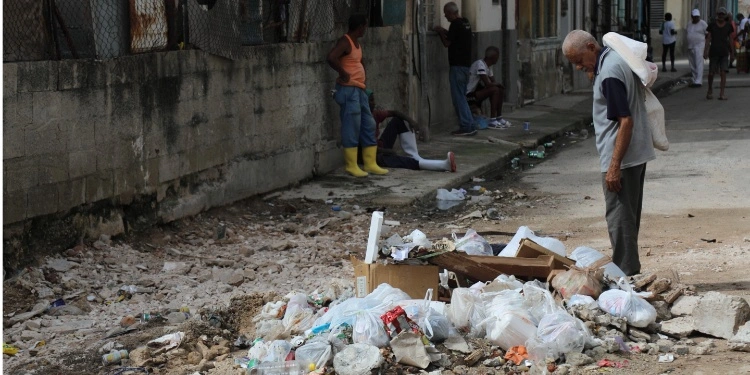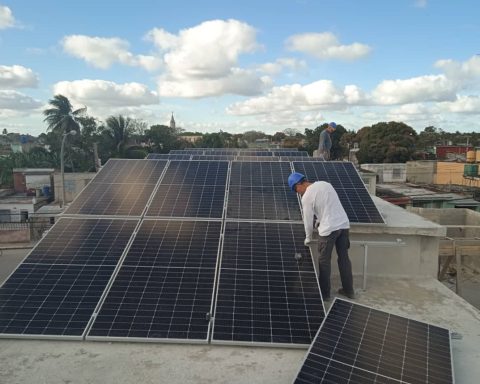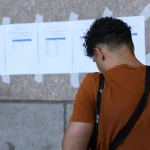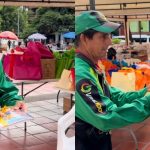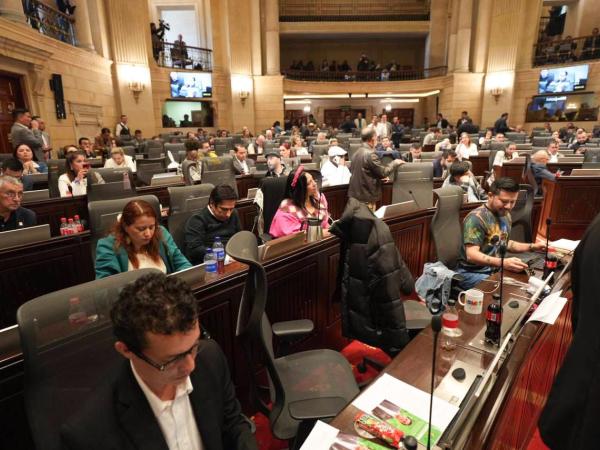Santiago de Cuba.- Roberto Serrano, a doctor who lives in Songo La Maya, Santiago de Cuba, warned about the dangerous arbovirus circulating in the country, emphasizing the impossibility of eradicating the Oropouche virus due to the complex health and hygiene situation on the Island.
Interviewed by CubaNetthe doctor referred to the critical levels of health that complicate the panorama: “There is no territory in this country that escapes this deplorable situation. This area (Songo La Maya) is the same as all the others, because in all the cities, in the outskirts, solid and liquid waste does not have a final destination.”
With cities turned into septic tanks and garbage dumps, with no waste collection or fumigation mechanism, conditions are getting worse every day and almost all diseases are becoming endemic, he said.
“Dengue appeared and we have never been able to eradicate it because there are simply more mosquitoes every day. There is no way to eradicate it,” he said, also referring to Oropouche.
Cubans at risk
Patients who contract the virus Oropouche They constantly relapse and have an unpredictable evolution, something that is not usual in other viruses.
“When health conditions are not changed, when everything remains the same, patients relapse, they have recurrences (…) There are patients who report up to 6 or 7 relapses, which is not common, for example, with dengue or other types of viruses,” he said.
Although the government has not acknowledged deaths from Oropouche, both Serrano and the president of the Cuban Medical Association, Miguel Angel Ruanoindicate that there have been deaths due to complications from the virus.
“This type of virus does not cause death directly, but it can cause it indirectly. Here, for example, in Cuba, there are many patients subject to extreme conditions in terms of food, lack of medicines and all kinds of other things. In this country, the situation in general is very poor,” he said.
In cases where patients have a depressed immune system and a poor diet, they can die, because “the symptoms are very varied” and there is a lack of treatments.
“It sometimes causes severe diarrhea, severe vomiting, and a patient who is immunocompromised can die. The virus infection is not the direct cause, but it can be secondary because the symptoms can worsen and can even lead to death,” he said.
He also pointed out that, unlike what happened with COVID-19, health authorities are not following up on deaths related to the virus. However, “there are probably patients who have died secondarily from this.”
No access to medicines
Having to resort to a treatment depending on the symptoms, it becomes an odyssey to combat the disease. “Here in Cuba, the pharmacieshospitals and clinics are devoid of the minimum necessary to treat any pathology. For any pathology there are no antipyretics, there is nothing.
Many of the patients have told the doctor that they become dehydrated but when they go to polyclinics and hospitals there are no solutions for your condition.
Every day this crisis worsens and prevents progress in the epidemiological situation.
“When you don’t have the basics to fight any type of disease, you can’t move forward. Other doctors in tropical countries say that all these virus They are seasonal viruses that can be counteracted with an antiviral vaccine and the patient recovers in a few days,” he added.
“Here, some kind of antiviral vaccines are given, in childhood, in adolescence, but for this type of disease in adult patients, there is none, not even for adults or children. There is no vaccine for dengue,” he argued.
The last resort to reduce cases is to have adequate health care, “to have, let’s say, levels from a hygienic and epidemiological point of view, compatible with a city, compatible with the standard levels that exist in the world and that unfortunately do not exist here.”
